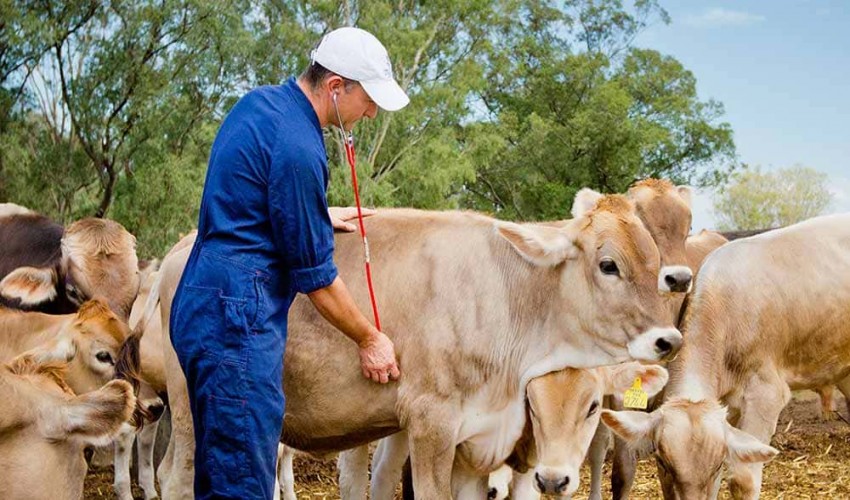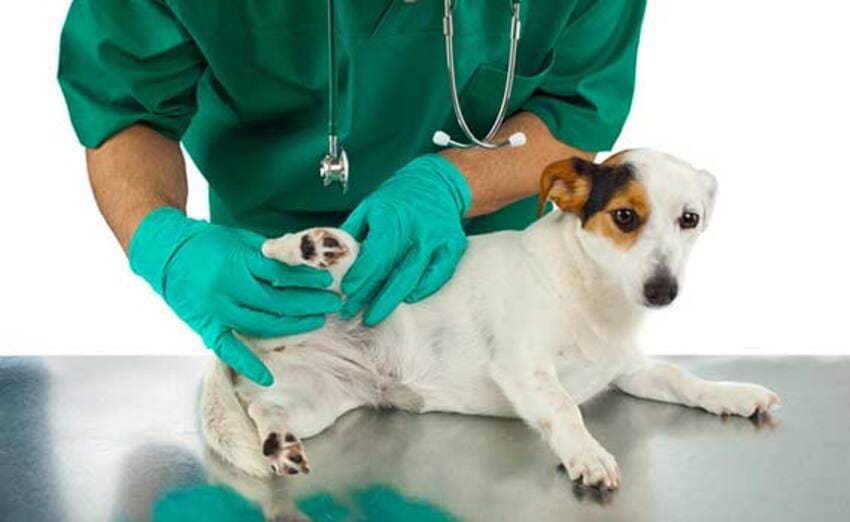
Veterinary Sciences
Veterinary medicine, also called veterinary science, medical
specialty concerned with the prevention, control, diagnosis, and treatment of
diseases affecting the health of domestic and wild animals and with the
prevention of transmission of animal diseases to people. Veterinarians ensure a
safe food supply for people by monitoring and maintaining the health of
food-producing animals.
Veterinary medicine has made many important contributions to animal and human health. Included are dramatic reductions in animal sources of human exposure to tuberculosis and brucellosis. Safe and effective vaccines have been developed for prevention of many companion (pet) animal diseases—e.g., canine distemper and feline distemper (panleukopenia). The vaccine developed for control of Marek’s disease in chickens was the first anticancer vaccine. Veterinarians developed surgical techniques, such as hip-joint replacement and organ transplants, that were later applied successfully to people.
A major challenge to veterinary medicine is adequately
attending to the diversity of animal species. Veterinarians address the health
needs of domestic animals, including cats, dogs, chickens, horses, cows, sheep,
pigs, and goats; wildlife; zoo animals; pet birds; and ornamental fish. The
sizes of animals that are treated vary from newborn hamsters to adult
elephants, as do their economic values, which range from the undefinable value
of pet animal companionship to the high monetary value of a winning racehorse.
Medicating this variety of tame and wild animals requires special knowledge and
skills.
- Veterinary Anatomy
- Veterinary Physiology and Biochemistry
- Veterinary Pharmacology and Toxicology
- Veterinary Parasitology
- Veterinary Microbiology
- Veterinary Pathology
- Veterinary Public Health and Epidemiology
- Animal Nutrition
- Animal Genetics and Breeding
- Livestock Production Management
- Livestock Products Technology
- Veterinary Gynaecology and Obstetrics
- Veterinary Surgery and Radiology
- Veterinary Medicine
- Veterinary and Animal Husbandry Extension Education
Recent Published
Submit Manuscript
To give your manuscript the best chance of publication, follow these policies and formatting guidelines.


